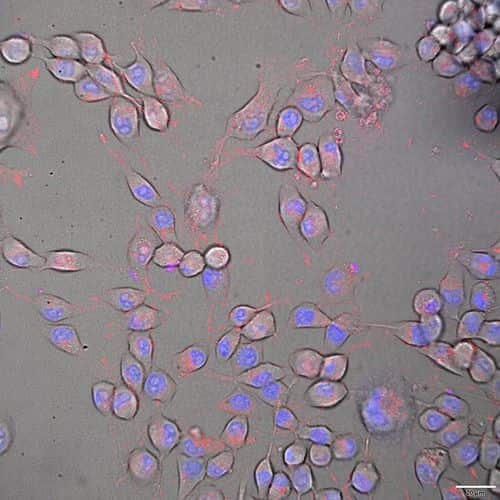Whether studying molecular and cellular mechanisms, screening new compounds, or conducting stem cell experiments, Vitro Biotech delivers high-quality products to drive scientific breakthroughs.
Vitro Biotech provides OVA cell lines, drug-resistant cell lines, wild-type cell lines for different biological research, such as immuno-oncology. Our mammalian cell lines is built on a foundation of scientific rigor and quality control.
Feel free to explore our product catalog or Request a Quote for custom solution.
Portfolio Highlights
OVA Cell Lines: Our collection includes over 20 OVA cell lines(e.g., B16-OVA, MC38-OVA), encompassing the most widely used mouse cell types.
Wild Type Cell Lines: We provide a range of wild-type cell lines for human, mammalian, and mouse species.
Drug-Resistant Cell Lines: Our portfolio features a variety of drug-resistant cell lines, including Docetaxel, Doxorubicin, Tamoxifen, Faslodex, Casodex, Vincristine, and Cisplatin.
Stem Cells: We provide a range of mouse and rat stem cells (MSCs), including bone marrow-derived and adipose-derived MSCs.

| IMAGE | PRODUCT | CAT NO | SIZE | PRICE | DETAIL |
|---|
